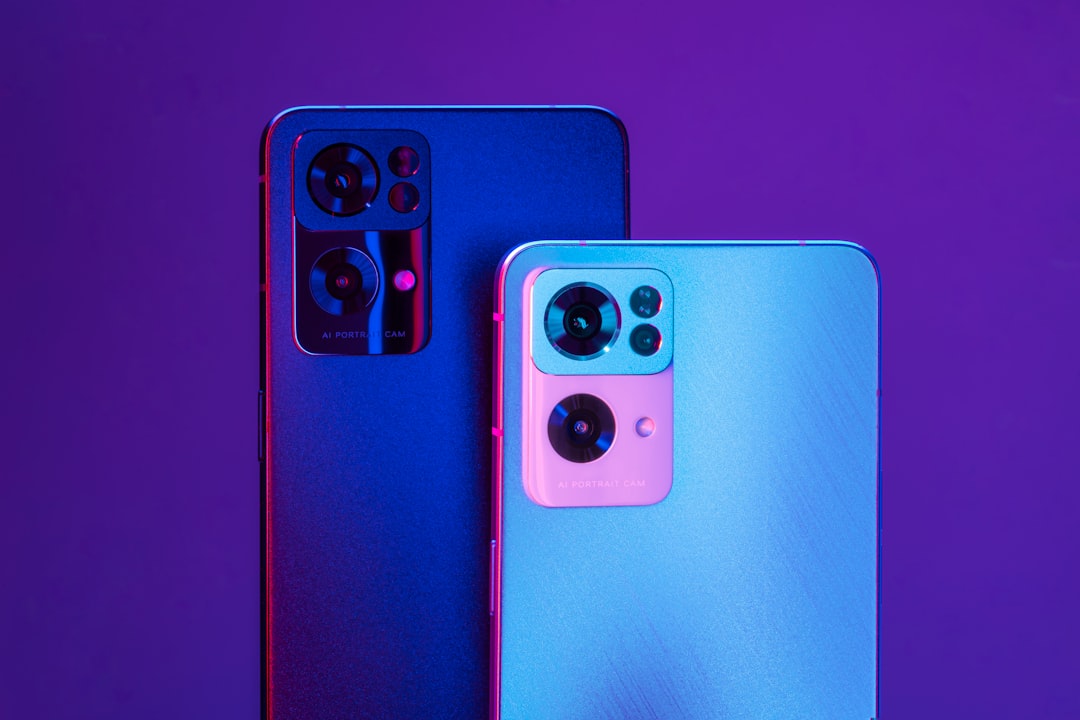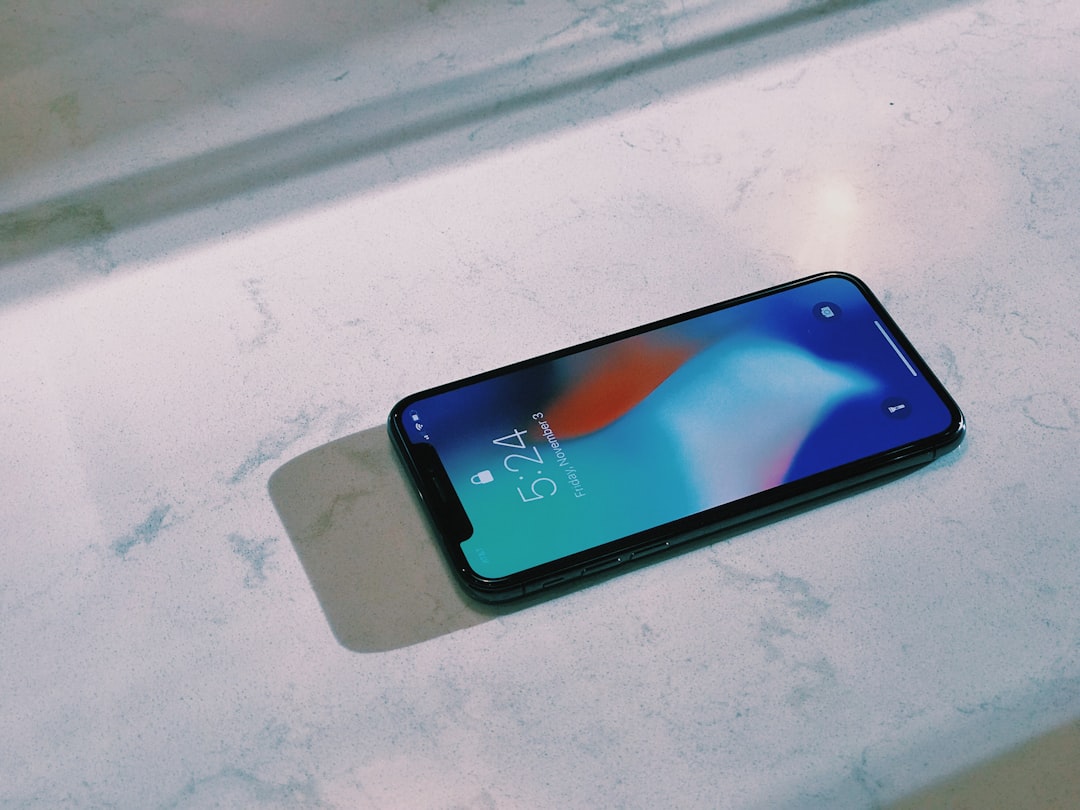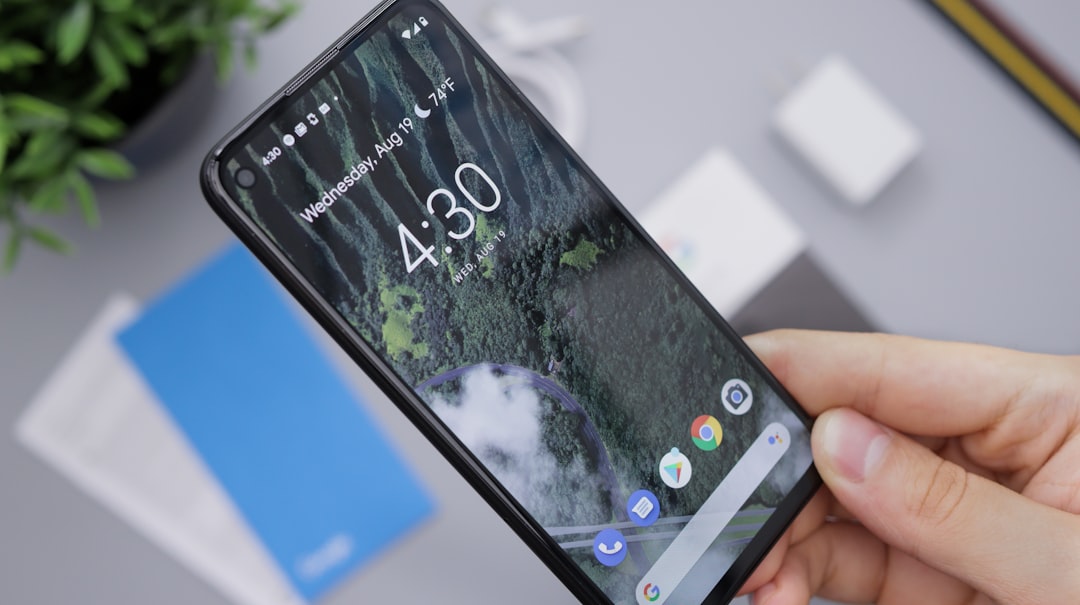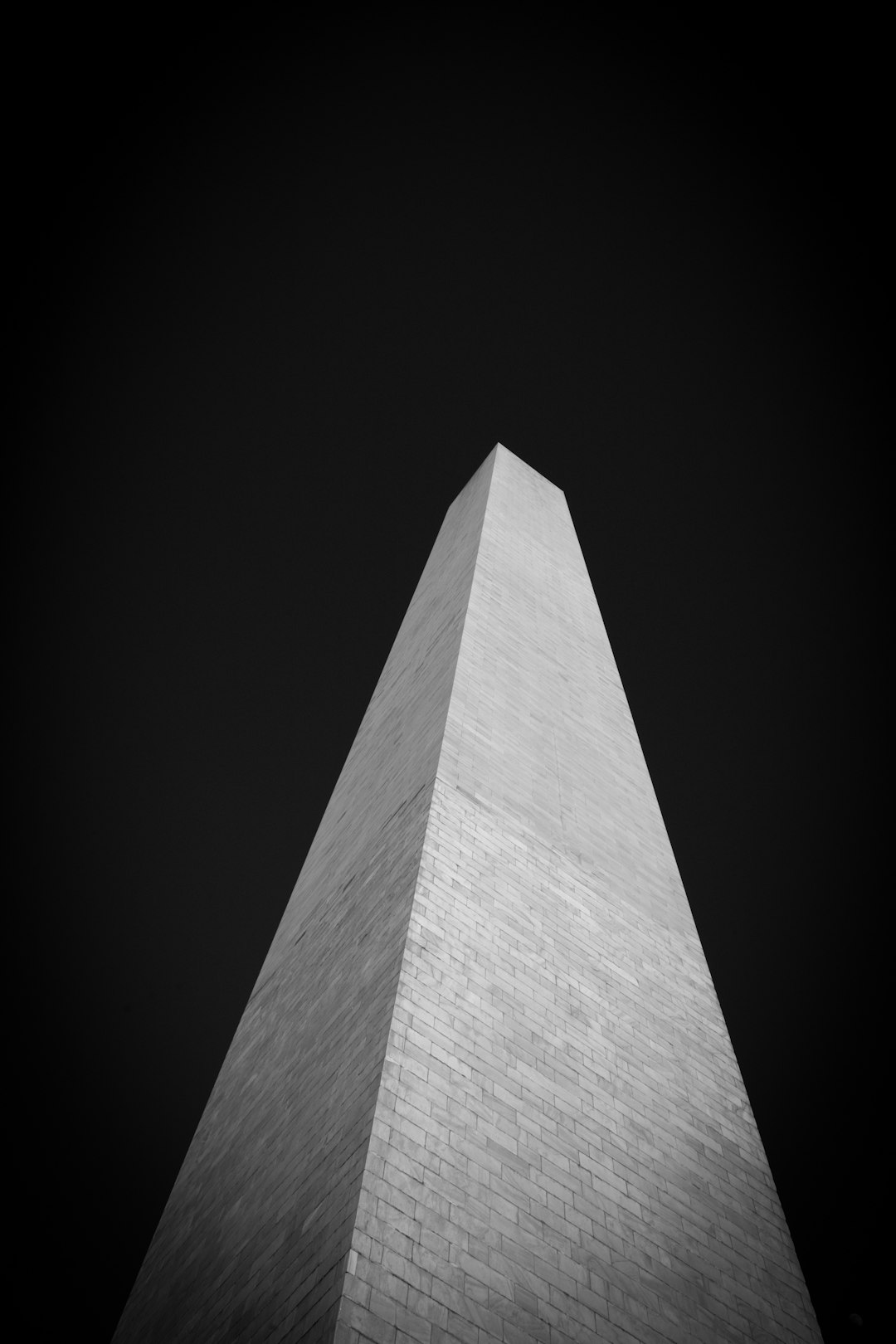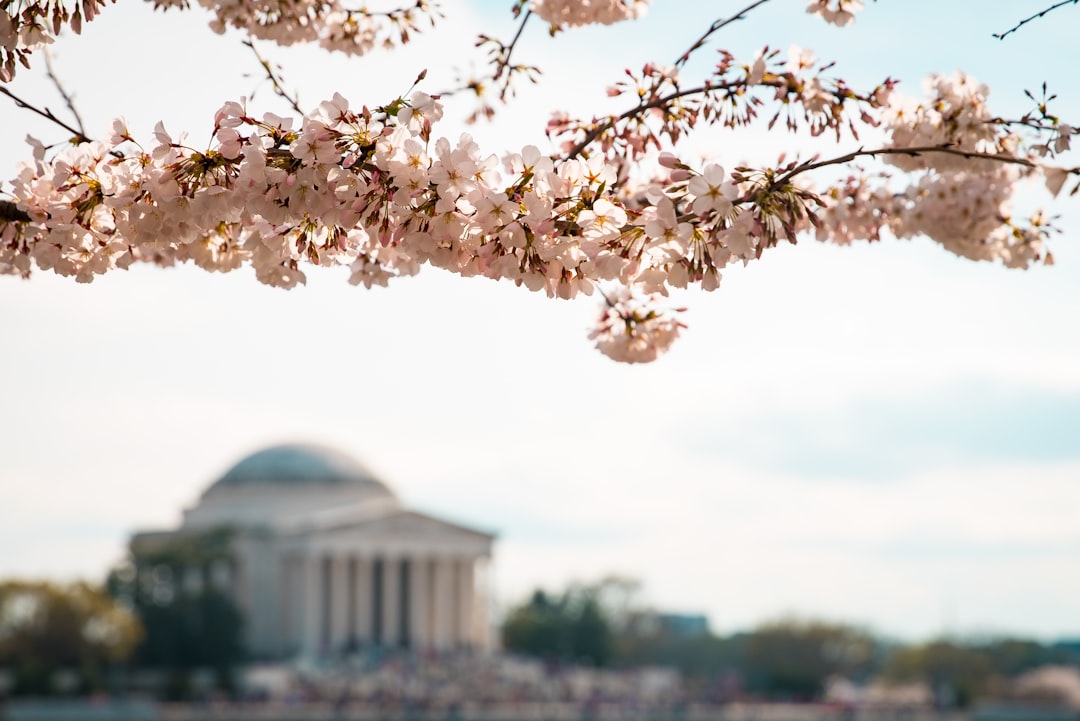Washington residents combat robocalls from law firms using the state's robust "Do Not Call" registry and specialized apps that block unwanted automated calls. These measures protect privacy, curb spam, and foster a quieter environment, with legal protections ensuring businesses respect consumers' opt-out choices.
In Washington state, robocalls have become an increasingly persistent nuisance, impacting countless phone users daily. This article explores effective defenses against these automated calls and highlights the importance of understanding both the problem and available solutions. We delve into the rise of Do Not Call lists, legal protections, and the role of specialized apps designed to block unwanted calls. Additionally, we navigate the legal aspects, emphasizing the significance of engaging with reputable Do Not Call law firms in Washington for robust protection against robocalls.
Understanding Robocalls and Their Impact in Washington

Robocalls, automated phone calls from unknown numbers, have become a pervasive issue for many Washington residents. While some robocalls promote legitimate services or organizations, others are aimed at spreading misinformation, selling unnecessary products, or even engaging in fraudulent activities. These unwanted calls can disrupt daily life and cause significant frustration, especially when they involve marketing messages from law firms.
In Washington, where privacy laws are stringent, residents have the right to be protected from excessive robocalls. The state’s “Do Not Call” registry plays a crucial role in mitigating these nuisance calls, allowing individuals to opt-out of receiving promotional messages from various sources, including law firms. By registering their phone numbers on this list, Washingtonians can expect a reduction in unsolicited calls, providing them with greater control over their communication preferences and ensuring a more peaceful and undisturbed lifestyle.
The Rise of Do Not Call Lists and Legal Protections
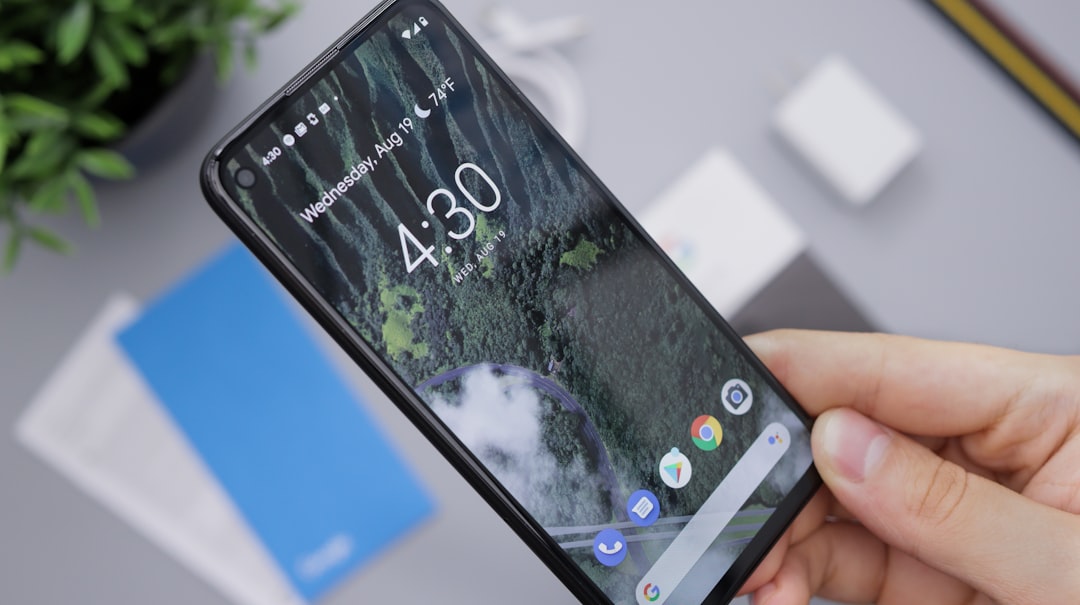
In an era dominated by automated phone calls, Washington residents have increasingly turned to Do Not Call lists as a way to protect their privacy and curb unwanted telemarketing. The Do Not Call Law Firms in Washington play a pivotal role in facilitating this protection. This legal initiative, aimed at limiting intrusive robocalls, has been a game-changer for consumers. By registering on these lists, residents can restrict calls from various sources, including businesses, political organizations, and telemarketers, providing them with more control over their communication channels.
The rise of Do Not Call lists is a direct response to the overwhelming number of unsolicited phone calls many Americans receive daily. Legal protections further empower individuals to take charge of their time and personal information. These measures ensure that businesses adhere to strict guidelines, respecting consumers’ choices to opt-out of marketing calls. With continued advancements in technology, maintaining these lists and upholding legal protections remain essential for preserving the peace and tranquility of Washington phone users.
How Robocall Defense Apps Work for Washington Residents
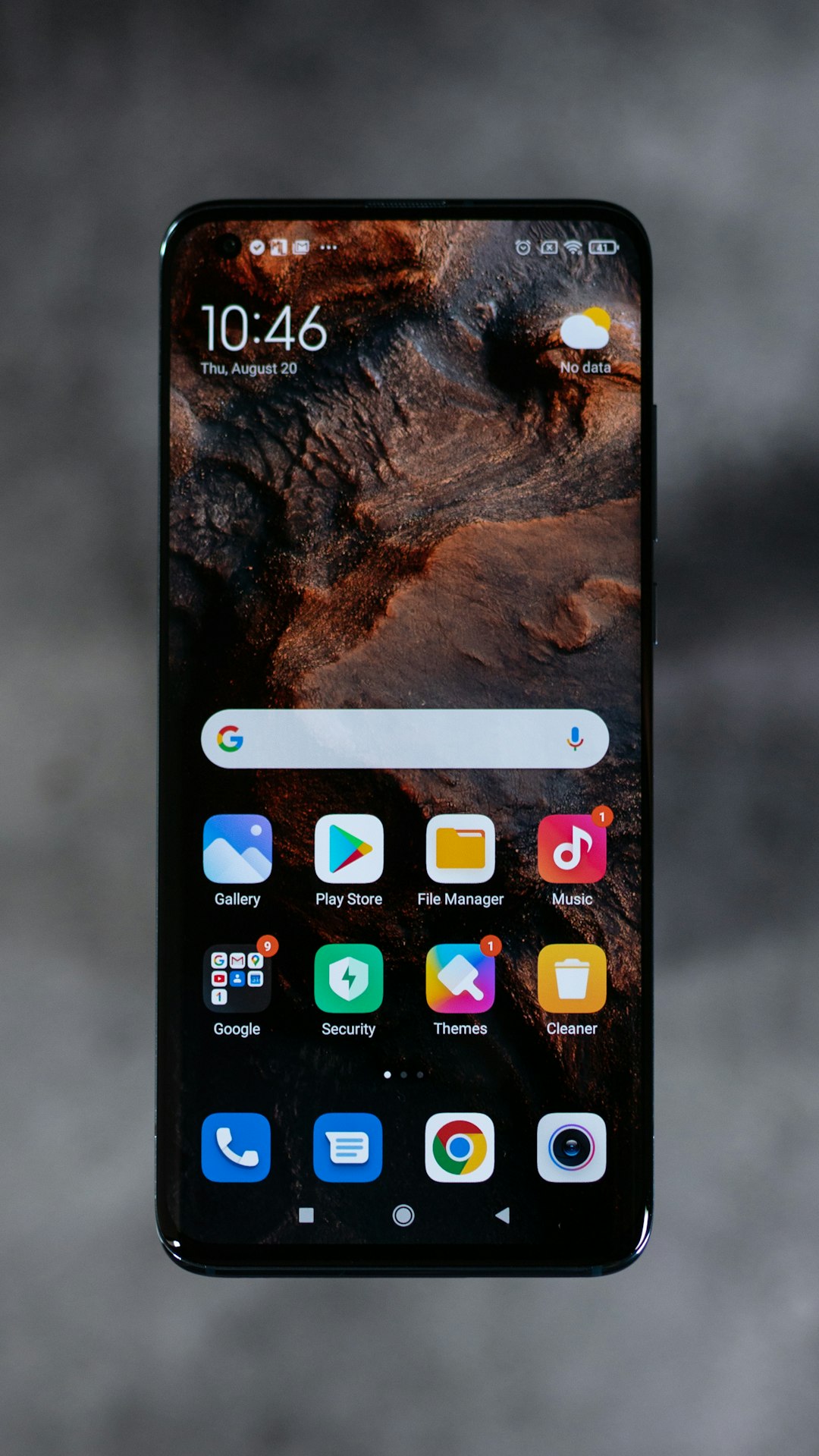
Robocall Defense apps have become a popular solution for Washington residents facing relentless phone spam from telemarketers and scams. These applications utilize advanced technology to identify and block unwanted calls, offering a much-needed respite from the constant barrage of sales pitches and fraudulent attempts. The process typically involves sophisticated algorithms that analyze incoming call patterns, comparing them against extensive databases of known spammer numbers.
By implementing real-time blocking and filtering mechanisms, these apps ensure that Washington phone users stay protected without any manual effort. They learn to recognize and automatically dismiss calls from identified spam sources, including law firm robocalls that often target residents with Do Not Call registration. This not only saves users’ time but also provides a layer of security against potential fraud, allowing them to enjoy a quieter, safer communication environment.
Benefits of Using a Specialized App for Phone Users

Using a specialized robocall defense app offers Washington phone users significant advantages in combating unwanted and harassing calls, especially from law firms. These apps are designed to recognize and block automated or spam calls, providing a much-needed respite from the deluge of unsolicited messages. With a simple download and activation, users can gain control over their phone lines, ensuring they only receive calls from verified contacts.
One of the key benefits is the peace of mind it provides. No longer will residents of Washington have to worry about falling victim to deceptive or misleading robocalls, often disguised as legal notices or urgent matters. By utilizing these apps, users can protect their personal information and privacy while effectively managing their call notifications. Additionally, such apps often include features like call history logging and reporting capabilities, empowering users to keep a record of suspicious activities and potentially aiding in future legal actions against persistent spammer firms.
Navigating Legal Aspects: Do Not Call Law Firms, Washington

In Washington, navigating the legal aspects of robocalls and privacy protection is crucial for residents. One important aspect to be aware of is the state’s relationship with “Do Not Call” laws, specifically when it comes to law firms. While federal regulations like the Telephone Consumer Protection Act (TCPA) offer safeguards against unwanted calls, Washington state has its own rules that enhance these protections.
Washington’s Do Not Call list, managed by the Washington State Attorney General’s Office, allows residents to register their phone numbers and limit marketing calls. This is significant as it includes provisions for legal firms, ensuring that their telemarketing practices adhere to strict guidelines. Law firms must obtain explicit consent before calling, and violators face penalties, making it a robust mechanism to safeguard against unsolicited calls, including robocalls.
